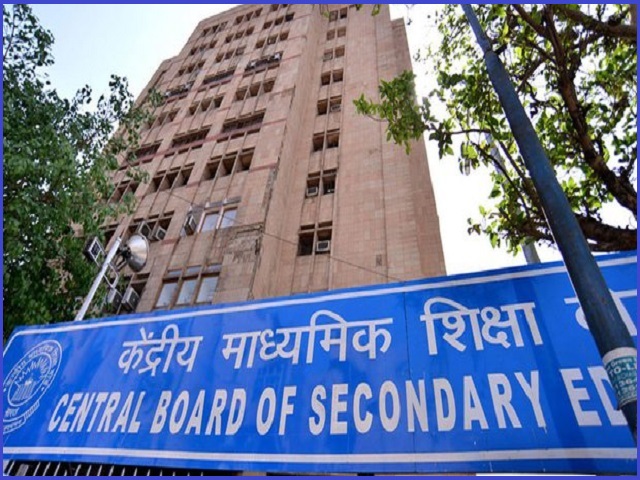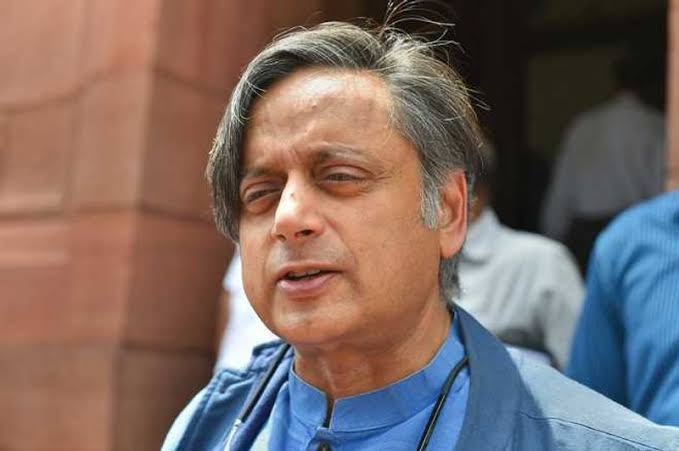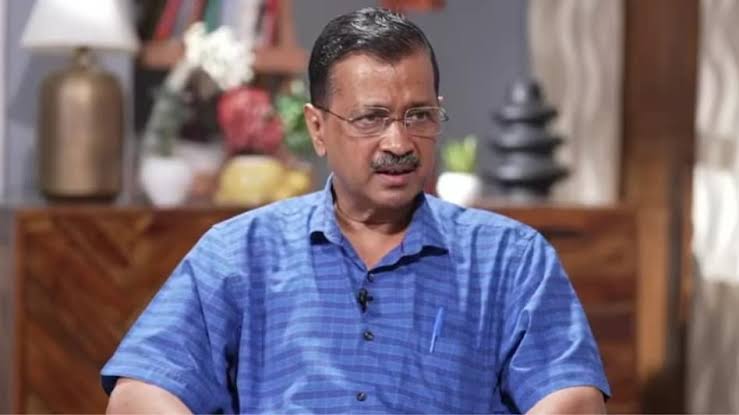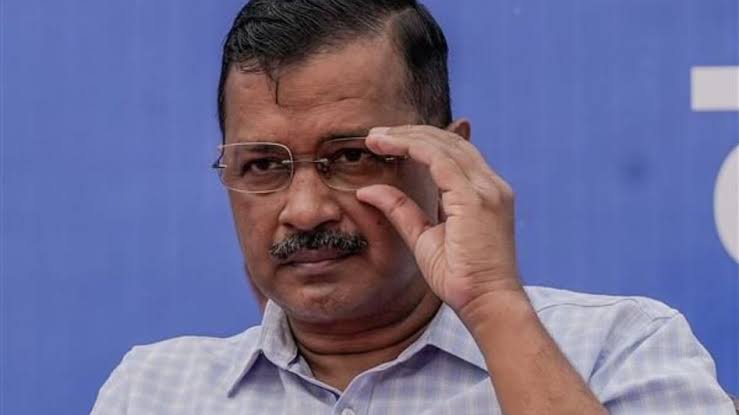New Delhi: The Central Board of Secondary Education (CBSE) opposed a Public Interest Litigation (PIL) filed by lawyer Ashwini Kumar Upadhyay seeking ‘One Nation, One Education Board.’
In response to the PIL, CBSE said that a multiplicity of curricula and resources in addition to a core element is desirable. Uniform board or syllabus across the country does not take into consideration the local culture, context and language.
Education being in the Concurrent List of the Constitution, there is a national framework that provides flexibility for emphasis on local resources and ethos so that a child can better relate to the curriculum and education, it added.
In a counter affidavit filed in the Delhi High Court, the CBSE sought dismissal of the petition.
A national curriculum framework developed by the NCERT as per the mandate of the National Policy on Education (NEP) sets the guidelines and direction for the development of syllabi and textbooks at all the school stages,” the counter affidavit said.
State Council of Educational Research and Training (SCERTs) and State Education Boards either adopt or adapt NCERT’s model syllabi and textbooks or develop their syllabi and textbooks based on the framework, the response added.
However, as per the CBSE counter-petition, further discussions will be held with all stakeholders including state governments, ministries, relevant departments of the central government and other expert bodies. The NCFSE would be made available in all regional languages. It shall be revisited and updated once every 5-10 years.
Reportedly, the PIL by Adv. Upadhyay stated that the different syllabus and curriculum by CBSE, ICSE and State Board are contrary to Articles 14, 15, 16, 21, and 21A of the Constitution of India and that the Right to Education implies the Right to Equal Education.
A common syllabus and curriculum in the mother tongue will not only achieve the code of a common culture, and remove disparity and discriminatory values but also enhance virtues and improve quality of life, elevate thoughts that advance the constitutional goal of an equal society, the PIL added.


















